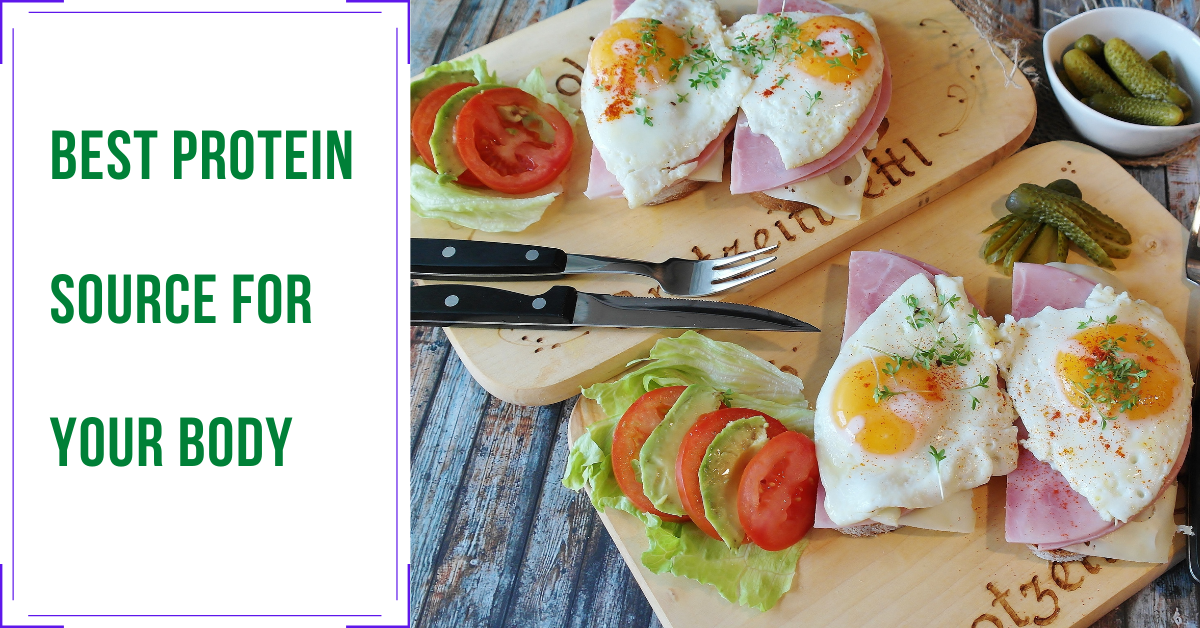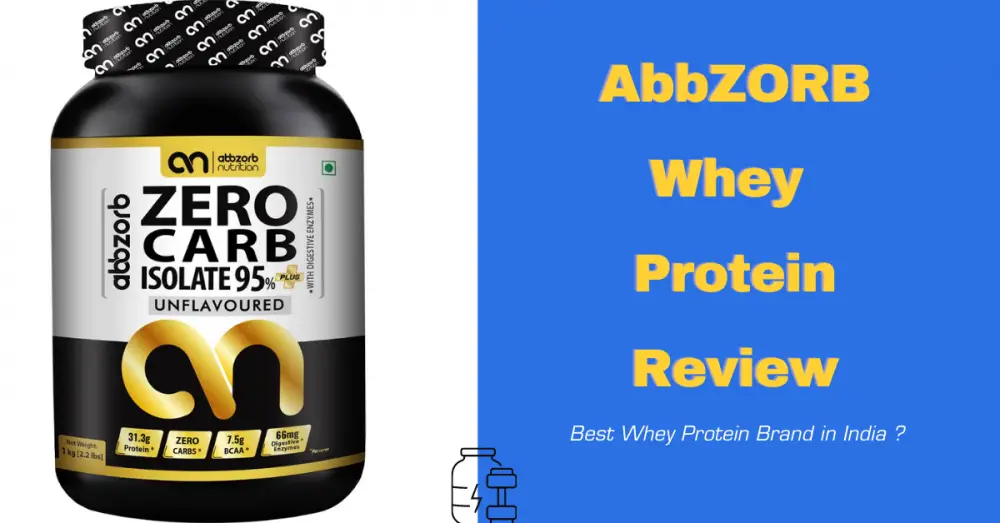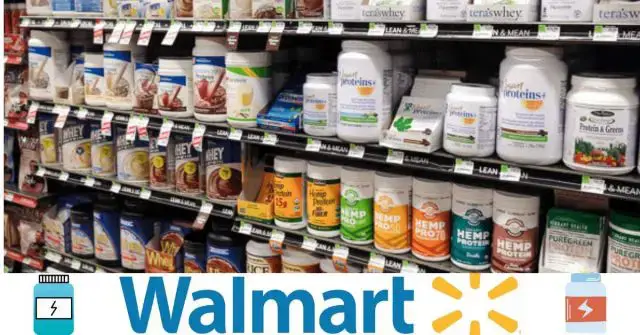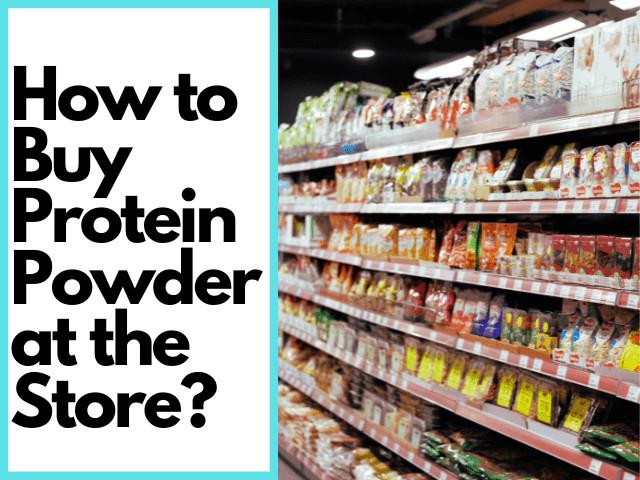Protein is an essential nutrient. Protein comes in various forms and different sources. We have animal sources, including meat, eggs, dairy, protein-based supplements, and plant-based sources for protein food.
Everyone needs protein. The amount of protein depends on your personal goals. A healthy person needs protein equal to their body weight for muscle maintenance, skincare, and many more things.
To maintain muscle health, people use protein powder supplements, which is not wrong, but they lack a basic understanding of the food. Food that can provide them enough protein for daily requirements without any accompaniment.
Today, we will talk about different protein sources and the pros and cons of these protein sources.
- Red Meat
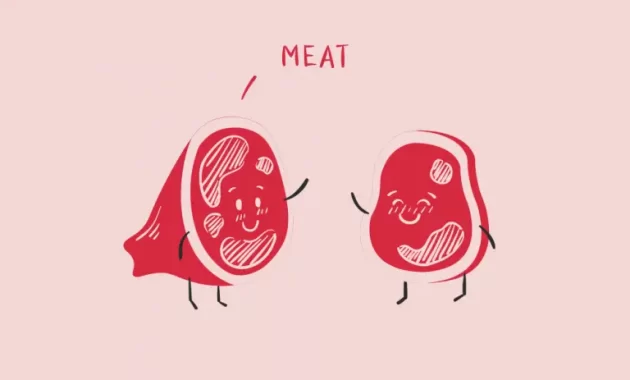
Red Meat as Protein Source
Red meat is one primary complete protein source. The majority of western countries consume red meat for protein nourishment regularly. The primary sources of red meat are lamb, buffalo, goat, venison, etc.
Pros of red meat
- Complete protein source (all essential and non-essential amino acids are available)
Cons of red meat
- Hard to digest (Improper digestion symptoms are seen in people consuming red meat.)
- Use of GMO food, antibiotics supplements to feed the animal
- Harmful side effects of lab-processed red meat.
The grass-fed/pasture-raised red meat is not something to worry about but what is worth worrying about is commercial factory processed red meat.
2. Poultry
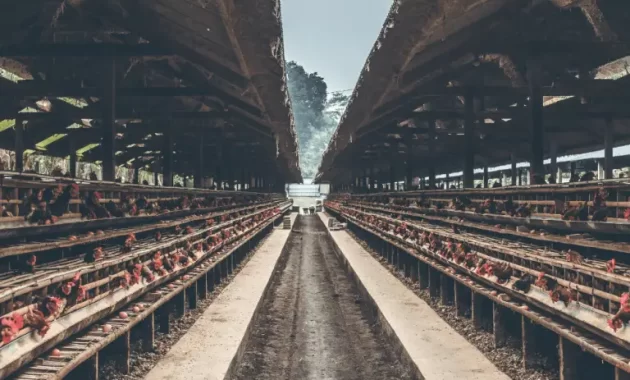
Poultry includes chickens, turkeys, geese, and ducks raised for the production of eggs, meat. Poultry is probably the most significant industry that involves billions of animals for food.
Pros of Poultry
- Easier to digest
- Less expensive
- Eggs are one of the best healthy sources of food.
Cons of Poultry
- Factory-produced (no organic) chickens can be harmful.
Unless it’s organic, you’re getting arsenic and formaldehyde. Factories use fill-out formaldehyde for the feed for poultry as a binder and Prozac for chickens to make the chicken less stressed out.
If chickens are not eating organic, non-GMO grains, then the egg will be very bright orange. For a healthy and organic egg, the color should be bright orange, and it should be hard to break, not so flimsy, and easy to break. Healthy eggs mean more calcium in the eggshells.
Grass-fed egg yolks have high levels of vitamin k2 that is good for arteries. Eggs are probably the best protein sources out there.
Also, Read- How To Get 150g of Protein On A Vegetarian Diet Without Any Protein Powder? [2024]
3. Fish (Seafood)

Fish is the primary food source in the coastal region all around the world. Where does it stand among all protein food sources?
Pros
Organic wild-caught fish have a lot of benefits. They are
- High-quality protein source
- No carbs
- Great Omega 3
However, farm-raised fish have higher mercury, fewer omega-three fatty acids, and harmful chemicals like dioxins, etc.
4. Dairy

Dairy is a massive industry around the world. It’s also a significant source of protein for vegetarians. Dairy includes so many protein sources like milk, cheese, yogurt, whey protein, etc. Let’s talk about them.
- Milk
If you can get raw as it is milk from the farm, It’s best for you. However, most dairy milk is prepared at a very high temperature, such as 160°, making it a dead protein.
Also, many farmers use antibiotics and growth hormones for massive milk production, which is harmful to your health.
So, milk alone is not the best option for protein, but when you ferment the milk, you increase the protein amino acid content in milk. You can make yogurt with milk which is better due to friendly bacteria and microbes, which is gut-friendly.
Always look for whole milk; whole milk is way better than low-fat milk. Fat from milk is not going to put extra weight on you.
- Cheese
Cheese is a very high-quality protein. Organic grass-fed cheese, not hormone-fed cheese, is high in fatty acids, negligible carbs, and quality protein.
You can use cow, goat, or even sheep cheese if it’s organic. Cheese is better than yogurt. You can use cheese even if you are cutting the extra fat from your body.
5. Soya
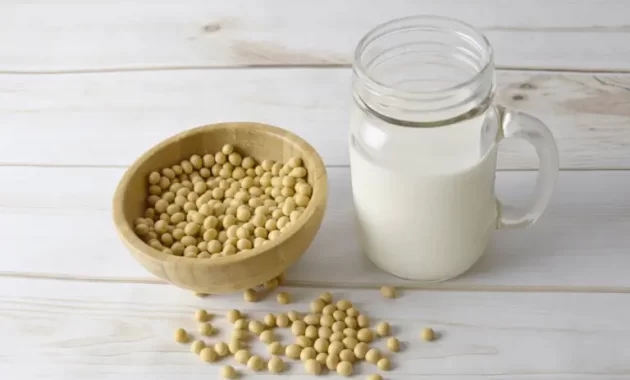
Soy is probable the only plant-based high protein food out there. It’s high in protein and carbs as well. If soy is fermented, it might be okay in small quantities.
Most people are allergic to soy, so you might avoid soy as the primary protein source if you have any issues. Genetically modified soy is the worst food that anyone can eat.
A so-called supplement like soy protein isolate is the worst Protein supplement. It can mess up your hormone balance and may damage your kidney, liver.
6. Chlorella
Chlorella is a kind of algae, and it’s a complete plant protein that consists of all twenty amino acids. It is grown on lakes, and it can pull some toxins from that lake that. That’s one major issue with chlorella. It’s too expensive for a regular budget.
High Protein Sources: FAQs
-
How Much Protein Do I Need To Build Massive Muscles?
At least two times your body weight. If you want to build massive muscle or gain size, your daily protein must be twice your body weight.
To gain muscles you need to follow
1. A calorie surplus balanced diet
2. Life heavy (5-6 hours/week)
3. Rest/ Recovery (7-8 hours/day) -
Do Whey Protein Powder Harm Your Kidneys?
No. It’s a myth that protein powder harms your kidneys. Whey protein is a milk byproduct like cheese, cream, etc. If you’re using a genuine and original product, there is no way that whey protein can harm your organs.
-
Can You Get All Essential Amino Acids on A Vegetarian Diet?
Yes, You can. There is a misconception that vegetarians or vegans can’t get enough protein from food. Of course, you can. You have to put a little effort into combining two or more ingredients to make the amino acid profile complete.
For example- 100grams of Soy chunks have more than 50grams of protein. A combination of two scoops of peanut butter and two slices of whole wheat bread gives you 10 grams of protein. So, you have to do your research to find the food you like and use them to complete your protein requirements.
Conclusion
So, this is all I wanted to share with you. Protein is an essential part of your nutrition. I hope this guide will help you to choose the best protein source for you. We discussed all the pros and cons of these protein sources.
